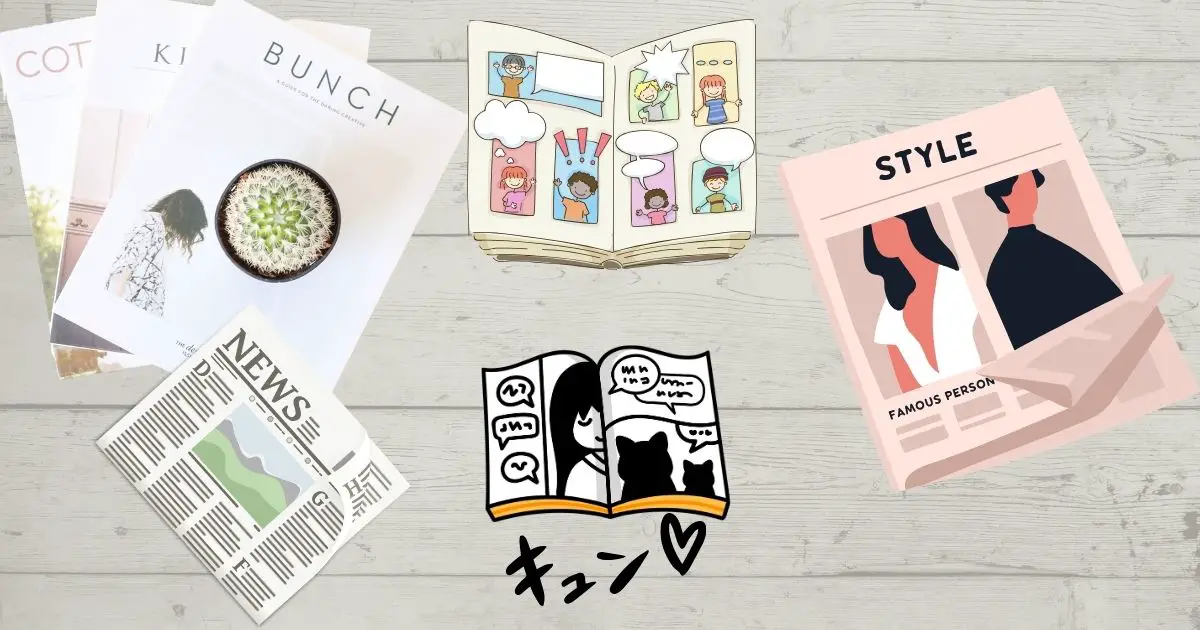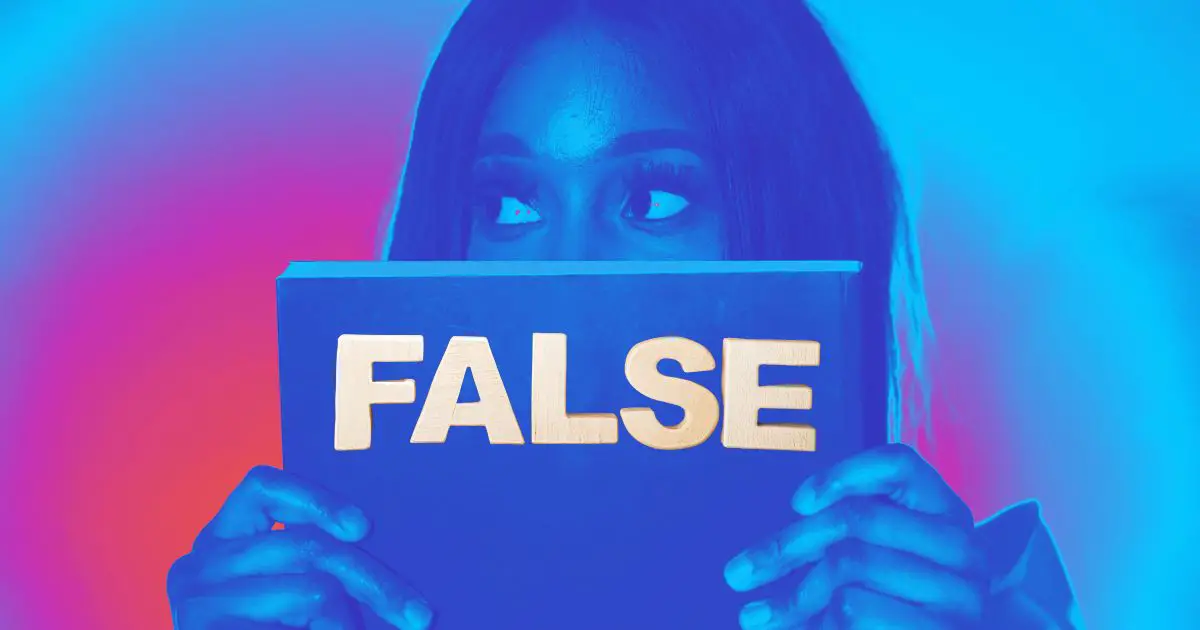Ever come across a book that seems a bit outdated, leaving you unsure whether it’s worth reading? Well, even outdated books can still have some valuable information. Let’s explore whether you should give these seemingly dated reads a chance or choose to skip them altogether.
If you find yourself with an outdated book, perhaps due to budget constraints, it could still be a reasonable option temporarily. However, the decision depends on the extent of outdated information. Generally, it’s advisable to prioritize the latest and most up-to-date resources, especially for information-centric books. It is best to read the most current book to ensure a more accurate and relevant understanding of the subject.
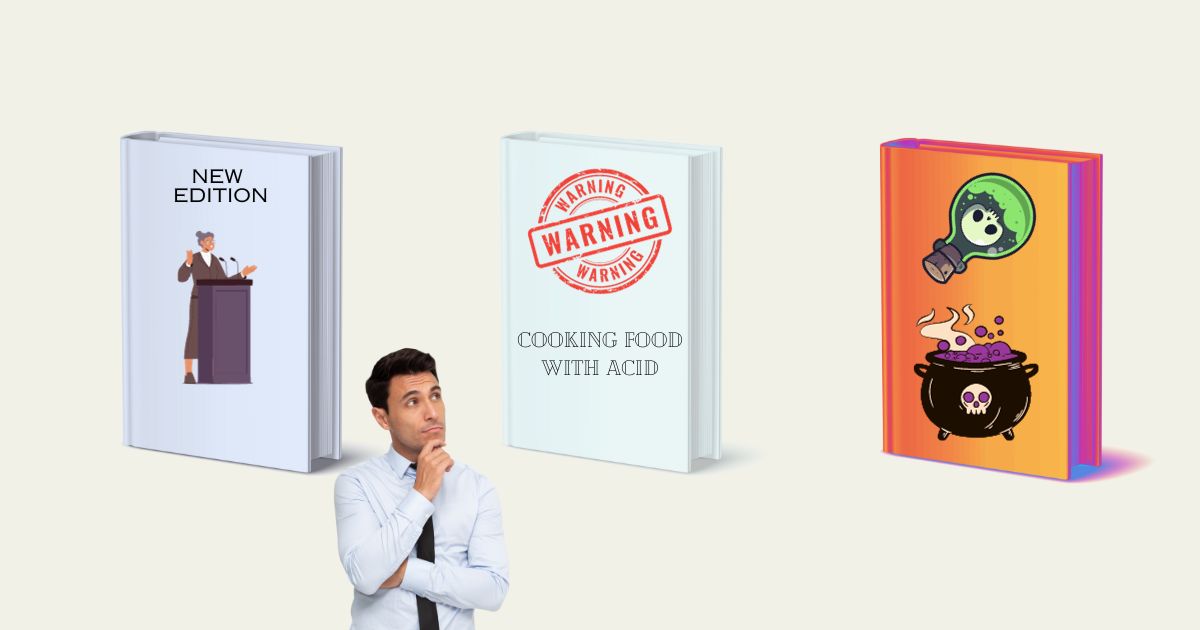
Why Is It Important to Select Books Carefully?
Reading outdated books can turn into a significant time waster, especially if you’re not gaining any valuable insights. It gets even worse when the information becomes obsolete or downright false, filling your mind with useless information. This becomes a bigger problem if you plan to incorporate that outdated knowledge into your life, like following an old, ineffective diet and wondering why you ain’t losing weight.
There’s also a potential danger if the information is not just outdated but harmful, as was the case when I once dived into a century-old book on dreams that harbored racist ideas. In today’s more advanced society, such perspectives can be not only outdated but also harmful and ruin you. Hence, it’s crucial to steer clear of outdated books to avoid wasting time and potentially adopting risky practices.
The importance of avoiding outdated books carefully also hinges on the book’s category, as some topics remain evergreen while others evolve more rapidly. It’s wise to consider the nature of the subject before reading the book.
For instance, trendy diet books can quickly become outdated as new fads emerge, making careful consideration important. On the flip side, categories like cooking recipes generally have more evergreen appeal, unless you stumble upon a recipe book so old that it suggests cooking with rocks and firewood like medieval times. So, assessing the category of a book before reading ensures the book remains relevant.
It’s advisable to steer clear of older informational books. While a few years may not bring many changes, it’s generally best to avoid anything older than a decade, especially in fields that undergo rapid evolution. This precaution ensures you’re getting the most recent and relevant insights, particularly when the industry is experiencing swift advancements.
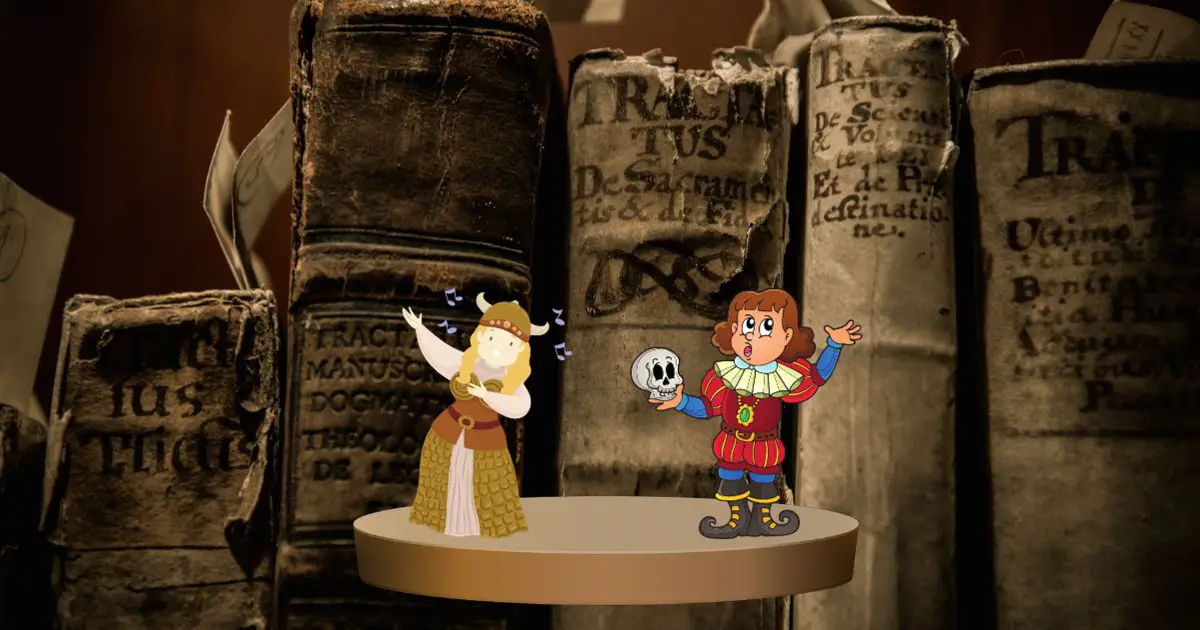
Why Are Classics Worth Reading?
While it’s crucial to avoid outdated information in informational books, for fiction the story is different. Fictional works, crafted for entertainment and sparking imagination, tend to age better. Even if some language might sound a bit dated, a good fiction book retains its weight and remains highly enjoyable.
So, you could say that fiction books are like evergreen companions, resistant to the aging process and always ready to offer timeless reading enjoyment. While fiction books provide timeless enjoyment, some classic informational books can stand the test of time with ideas that remain relevant today. “How to Win Friends and Influence People” by Dale Carnegie is a good example, still maintaining its value in contemporary times.
This timeless bestseller continues to outshine many newer books on this subject, suggesting that the science of human interaction or people’s behavior may have not evolved much since its publication. In essence, certain informational classics like this one can be considered truly evergreen, offering enduring insights that transcend time.
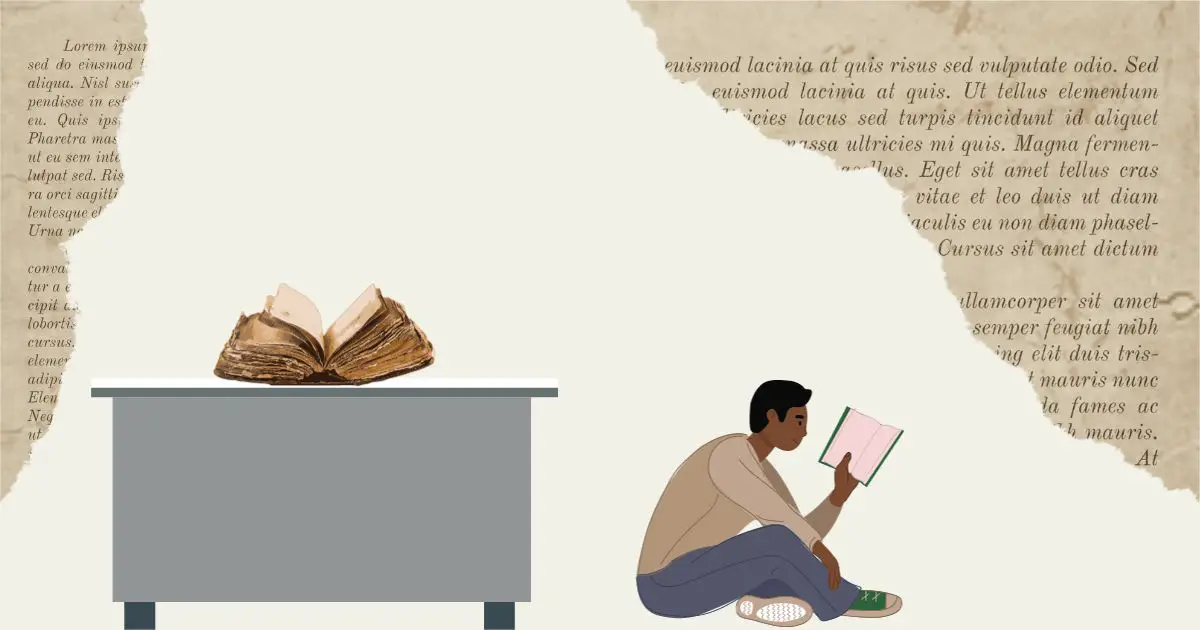
Why Do People Still Read Old Books and Outdated Books?
People generally get allure to old books because of their accessibility. Many of these books are readily available for free because their relevance has expired, leading people to give them away or make them public domain due to expired copyrights, especially when the author has been dead for a long time.
Public libraries also benefit from individuals who donate their old books, providing readers with easy access to a variety of books. Even on platforms like Amazon, numerous free books, though outdated, attract readers due to being free.
While I may have wasted time on these free outdated books, it’s essential to note that the experience isn’t entirely wasted. Reading outdated material can still contribute to improving both reading and writing skills, so it is never a waste of time to read.

Why Are Some Books Free?
Some books are available for free as a clever marketing strategy, acting as enticing advertisements to lure readers to other purchases or entice them into a book series where the first book in the series is free and the rest cost money.
Another avenue for free books is through PLR (Private Label Rights) books, in which authors sell the rights for commercial use to buyers. Buyers can then modify the book as per the agreement—often putting their name on it and changing the cover—and use it for various purposes. While this can be a shortcut for those lacking experience or motivation to write, it opens doors for diverse applications, often with a focus on making money.
PLR books frequently suffer from outdated information or lackluster writing, often a result of authors mass-producing them for resale. Despite buyers making minor tweaks and changing titles, these books flood the internet, serving as bait-and-switch tactics to lure consumers into purchasing additional products.
The overall quality of such books tends to be subpar, with the information inside often lacking thorough research. It’s a reminder to approach these resources with caution, as their primary goal might be to attract buyers rather than provide genuinely valuable content.
While not all free books may be top-notch, there are some exceptions. Many authors simply love writing and just want to showcase their passion or share helpful information. Books are potent tools for progress and knowledge, and some authors willingly offer their work for free to help the world, while others want to make a living following their passion.
However, it’s essential to not have high expectations—free books might not match the quality of paid ones, as money often serves as a strong motivator. For emerging authors, free books can serve as an introduction to their work, providing them a chance to earn a living in a difficult industry, so not all free books are bad.
Conclusion
If there were any uncertainties about reading outdated books before, I hope this article clears things up. Fiction and entertainment books are timeless, and suitable for reading anytime. However, when it comes to informational books, ensuring the information’s relevance is important.
Having spent time on outdated books, I strongly advise steering clear of them. Just as feeding your body junk can lead to unhealthiness, feeding your brain outdated content can also have the same negative consequences. Investing a bit more in the top-of-the-line, high-quality, and up-to-date books will pay dividends for your brain in the long run.
By AL Tran
Source:
- Davis, Anjelica . “What Happens to Your Copyrights after You Die?” Copyright Alliance, 15 Oct. 2019, copyrightalliance.org/what-happens-to-your-copyrights-after-you-die/.
- Stim, Rich. “Welcome to the Public Domain.” Stanford Copyright and Fair Use Center, 11 Apr. 2017, fairuse.stanford.edu/overview/public-domain/welcome/.
